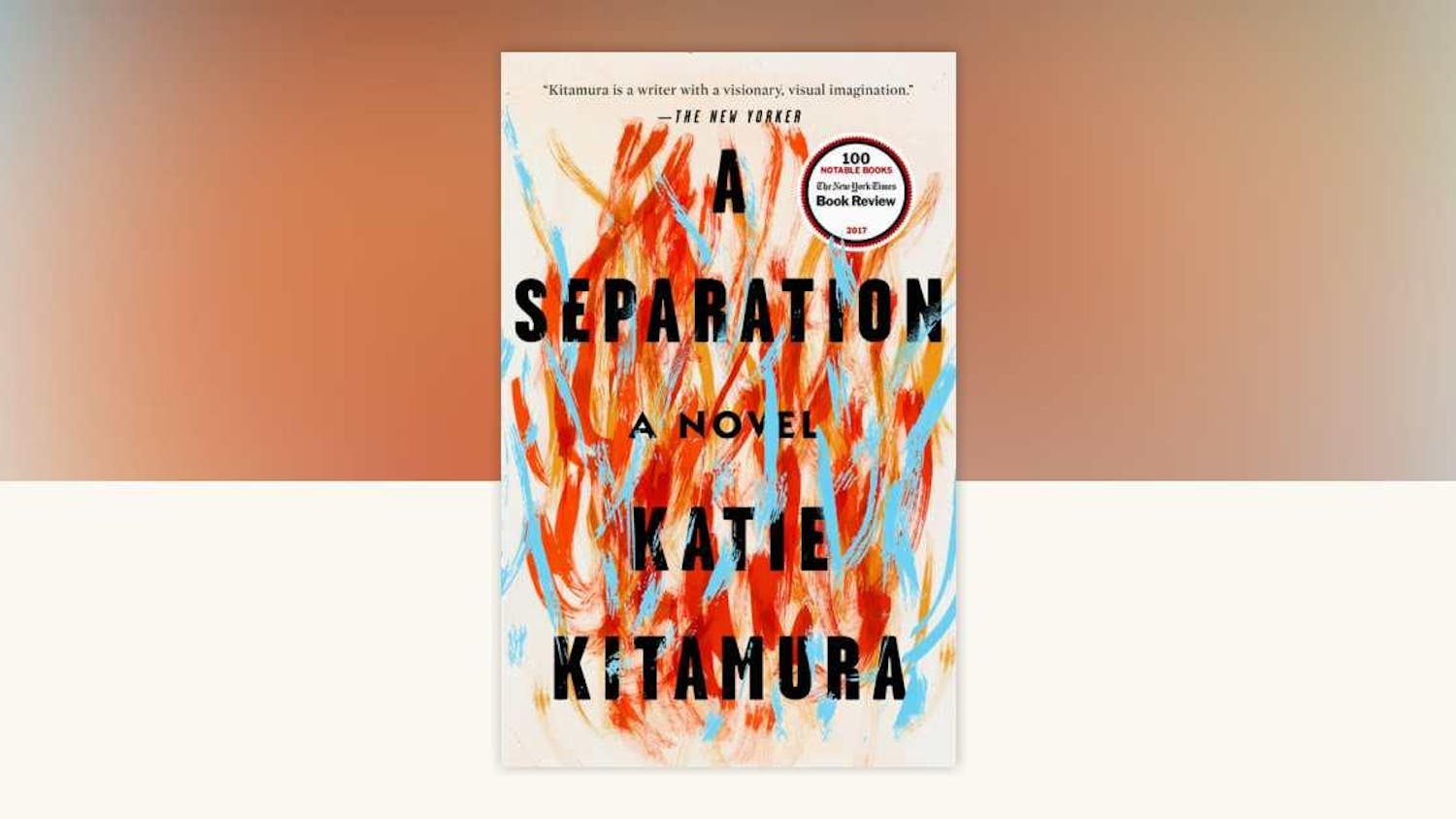Ithaca and its surroundings are rife with history and stories waiting to be told. From resplendent gorges to Indigenous and military pasts, the region's lore pulses just beneath the surface, ready to reveal secrets to those who know where to look. The Lucky Six, a new novel by local author Gordon Cooper, is a goldmine in regional historical fiction. Set in 1874 in nearby Watkins Glen, previously known as Watkins, The Lucky Six teaches an interesting piece of local history while weaving in an engaging, multi-faceted mystery. I was pleasantly surprised by the depth and thought that went into plotting and writing this story. As a writer myself, I understand how difficult it can be to get words onto a page, much less plotting out complex characters, an engaging story and unforeseen plot twists. I commend Cooper on his debut into fictional writing and his ability to capture some of the magic of the Finger Lakes region.
The Lucky Six follows Annie Anderson as she uncovers family secrets and criminal plots, leading to a hunt for a murderer. The novel opens with a captivating scene: a man slumped against the grave of Annie's mother covered in blood and grasping a single gold nugget. This event catalyzes a whirlwind adventure from counterfeiting rings and shadowy rivals to hidden gold. The story is supplemented with stunning local prints of the Glen and surrounding areas, as well as interspersed fictional journal entries following a group of men who call themselves “The Lucky Six.” The story spans multiple plotlines, characters and locations which come together in the end to create a tale that is sure to entertain.
It is clear that a great deal of thought and attention was put into plotting out and writing The Lucky Six. There was one overarching plot that readers do not quite get to see until the end of the novel, when all the pieces fall into place. Throughout the story, the introduction of new adversaries, twists and challenges was incredibly effective for maintaining pace and continually piquing the reader's interest. I enjoyed the way historical plotlines, family secrets and crime fighting were all intertwined, which provided unique versatility. The Lucky Six could equally be found at a tourist shop in Watkins Glen or on the shelves of a retail bookstore like Barnes & Noble. In terms of character, Annie is a powerful female lead who stands firmly for what she believes in and is astute and resourceful in stressful situations. There were lots of little details that made her unique, but at the same time I often felt her character fall flat. The use of generalized stereotypes and cliche statements undercut some of the power I felt in the intention. Annie falls into the “strong female character” trope which, while not necessarily bad, lacks intersectional feminism. If choosing to ignore some of the anachronistic portrayal of female strength, most will find Annie's character to be likable and multi-dimensional; a heroine to root for.
My primary criticism was, particularly early on, that it felt as if everything was being spelled out for the reader. Even if I caught on to the subtext or noticed a clue, it would be stated or made more salient within a few lines. Trusting the reader to come to these conclusions or even to make wrong ones would have made the novel more engaging. That being said, this had improved by the end and I felt more pleasantly surprised by the final twists and turns. Additionally, there were many characters included throughout the novel and across the plot lines, the majority of which lacked more genuine depth. They seemed more like additions that served to support the main character or the plot rather than those with their own motivations and pasts.
At the beginning of the novel, the imagery and dialogue felt stilted and world building details were awkwardly shunted into exposition. I also felt confused by the many overlapping plotlines introduced throughout the novel. They did converge and connect towards the end, but stronger clues and connections could have helped the reader find some continuity between switching perspectives and times. Overall, the strength and style of the writing improved throughout the novel, however retrospective editing could have helped provide strength and cohesion throughout.
As a debut novel, The Lucky Six is quite impressive. For anyone looking for a fast-paced and locally-based historical fiction novel (with a little Cornell cameo!) be sure to give The Lucky Six a chance. Maybe it can even inspire fellow writers to put their words out there and watch their dreams take flight.
Ayla Kruse Lawson is a sophomore in the College of Human Ecology. She can be reached at akruselawson@cornellsun.com.
Ayla Kruse Lawson is a member of the Class of 2027 in the College of Human Ecology. She is a staff writer for the Arts & Culture department and can be reached at akruselawson@cornellsun.com.











